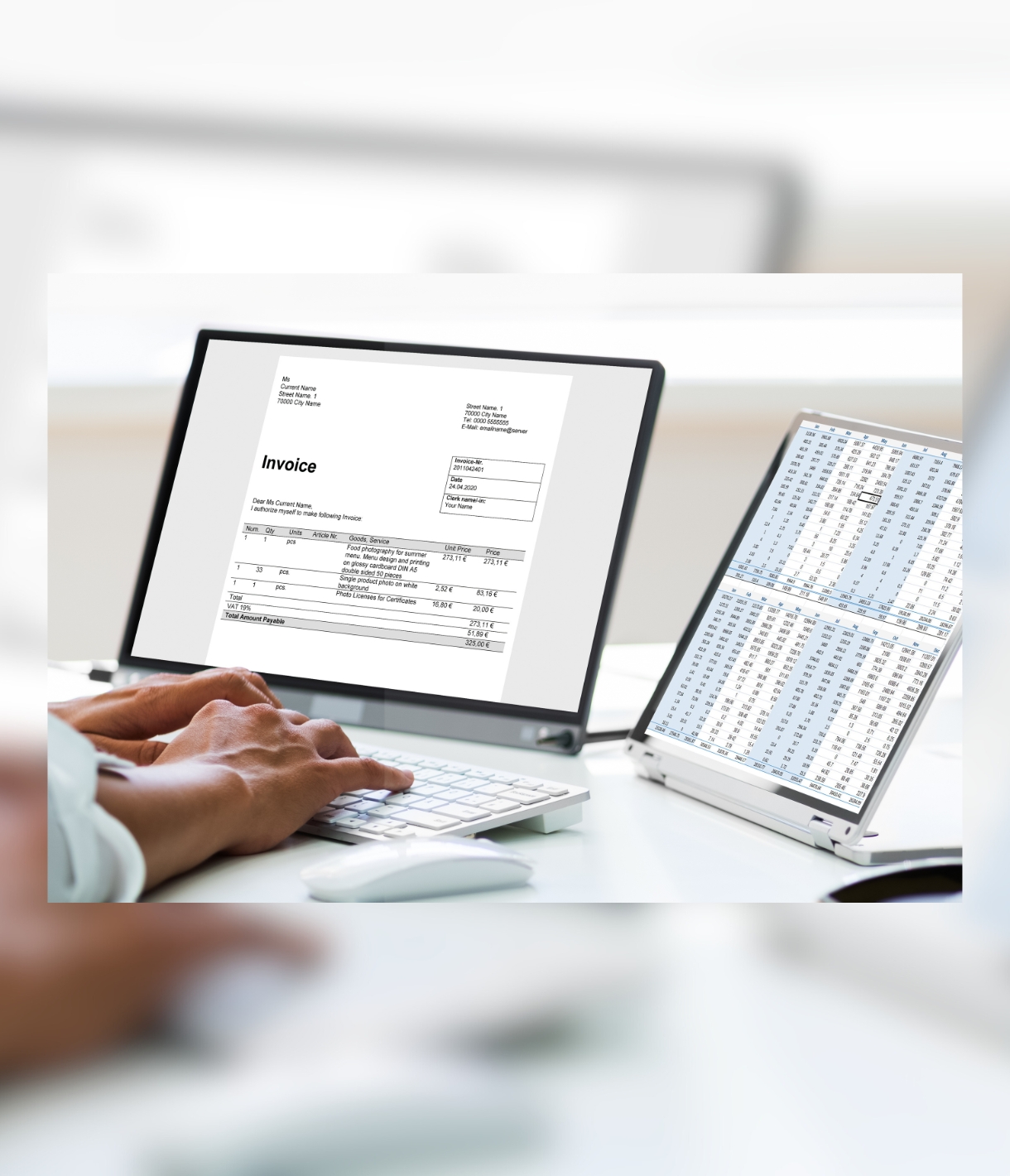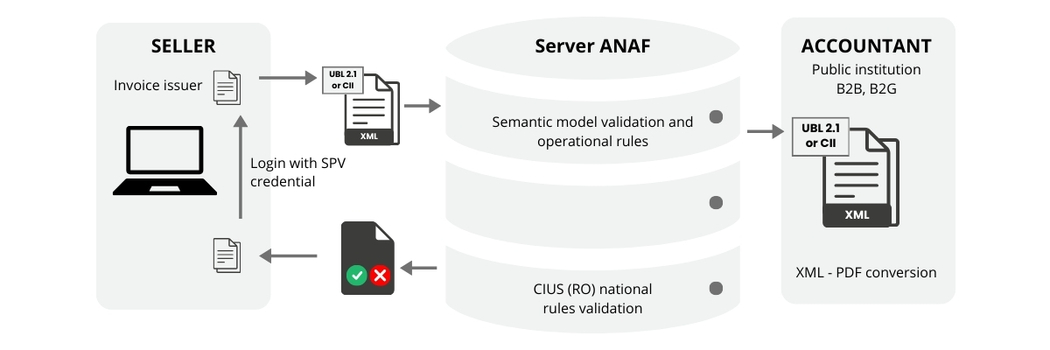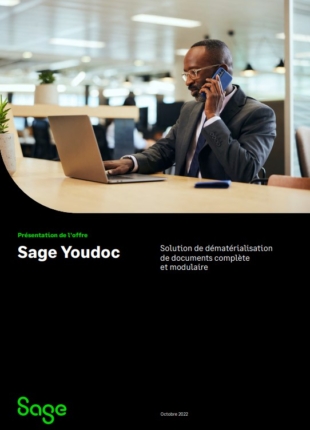Electronic invoice is an invoice that is issued, sent and received in a structured XML format. This structure allows it to be processed electronically and automatically by the Romanian E-invoicing system, RO E-Factura.
When the validation is completed, the system automatically generates a response and, if the validation is successful, the signature of the Ministry of Finance will be applied. This ensures that the content of the invoice has not been altered.
The paper version will be allowed until 30 June 2024, except in the case of both the supplier/provider and the recipient are registered in the e-Invoice Register.
From 1 July 2024, based on the amendment of Article 319 of Law no. 227/2015, only invoices issued electronically in XML format and transmitted via the national system on electronic invoicing RO E-Factura, will be accepted for registration by the recipient – taxable person established in Romania, in B2B relationship.
The deadline for submitting invoices to the national e-Invoice system is 5 working days from the date of issue of the invoice, but no later than 5 working days from the deadline for issuing the invoice provided for in Art. 319 para. (16) of Law no. 227/2015. Failure to comply with the provisions constitutes a contravention and is punishable by a fine. As an exception, no penalties are applied from 1 January to 31 March 2024.
Thus, non-compliant entities risk fines and rejection of the VAT deduction.
Taxpayers should prepare early to meet these obligations.
Deveho and Sage X3 are ready to respond to the new E-Invoice reporting system.







